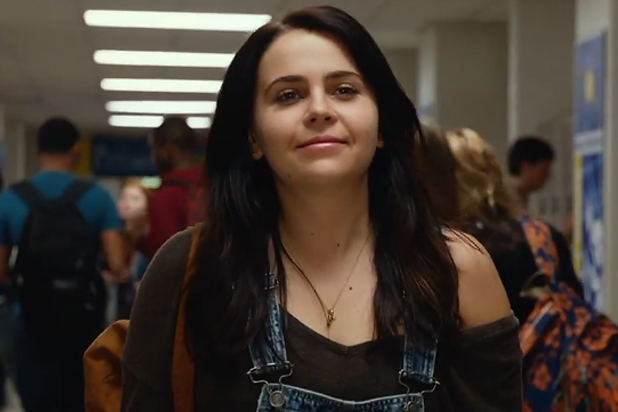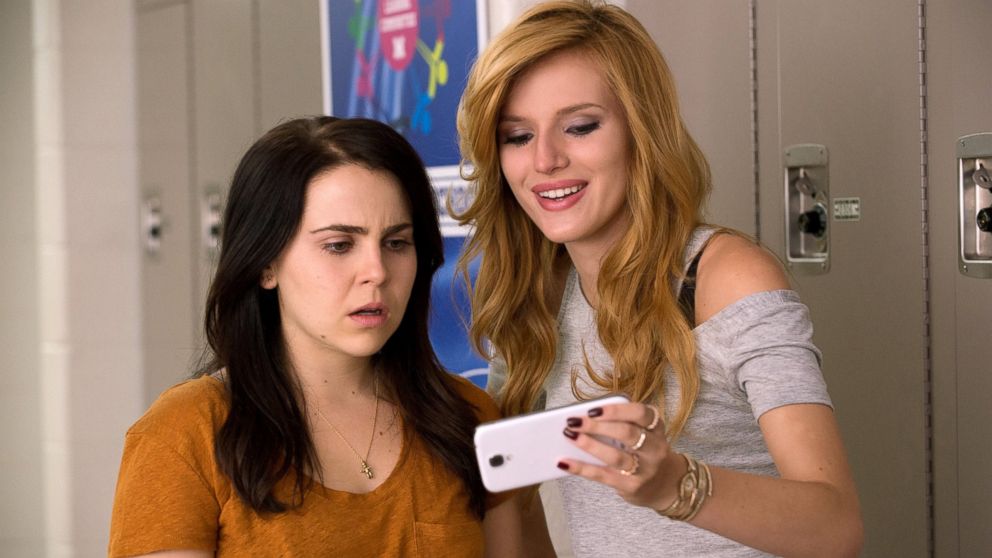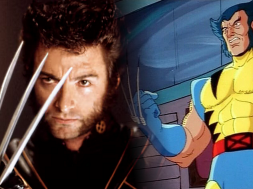Review: The DUFF

As a general rule films set in schools can go either way.
The sturm und drang that defines adolescence as a time of life, not to mention the rigid and complex framework of teenage social life, make for a subject-matter that is potentially fraught to say the least.
So, films that tackle this time of life, that challenge its “norms”, run no small number of risks. They risk bringing back memories many audience members do not wish to recall; risk making light of genuine social problems; and/ or being so devoid of proportion or tact that they bear false witness against the very world they are attempting to depict. Consequently, I entered my screening of The DUFF with some reservations. Thankfully I exited the cinema with none of them.
The plot is simple enough (and it’s spoilers are dead ahead!). The film follows Bianca (Mae Whitman) in the last month of high school. Our heroine, played by Mae Whitman, is a first-rate student who is asked to write a piece for the school paper about the school dance. She begrudgingly obliges, though still resolves not to go. Later, at a party hosted by Madison (Bella Thorne), she is referred to as a Duff. Confused she demands an explanation.
 It transpires that she is universally regarded as an accessory to her to best friends: a prospective love-interest will approach her as a means of making a pass at her “hotter” friends. Hence the label Duff. D.U.F.F: Designated Ugly Fat Friend! Enraged and humiliated she leaves.
It transpires that she is universally regarded as an accessory to her to best friends: a prospective love-interest will approach her as a means of making a pass at her “hotter” friends. Hence the label Duff. D.U.F.F: Designated Ugly Fat Friend! Enraged and humiliated she leaves.
The rest of the film tracks her various attempts at wrestling with this label and eventually “owning” it.
The film was highly endorsed by YouTubers BriaAndChrissy, who made a video that featured Kody Keplinger, author of the 2010 novel on which the film is based. I should admit that watching said video eased my mind going into the movie, as well as giving an idea of the cord that it was viable to strike…
The film is upworthy and inclusive, but don’t be put off. The DUFF has none of the relentless, delusional optimism that such adjectives potentially conjure up and so viewing never becomes a strain. Pejorative connotations such as these are of course another pitfall of the high-school comedy-drama; one the film avoids with excellent casting. Mae Whitman has fantastic comic timing, which is complemented by that of Robbie Amell.
Also, the older cast features Allison Janney, who is brilliant. The casting more generally might be a minor issue for some, in so far that the film involves high-school students who are portrayed by twenty something actors. Still, that is basically unremarkable.  After all, the same can be said of Mean Girls (2004) and Easy A (2010), and just like in both those films it is something that you stop noticing early on.
After all, the same can be said of Mean Girls (2004) and Easy A (2010), and just like in both those films it is something that you stop noticing early on.
Even so, the film does walk a tightrope between tension integral to teenage life, between conformism and authenticity. As the film unfolds, you want Bianca to project a good self-image without compromising who she is. Simply put, she succeeds and through her doing so demonstrates others can too: be yourself, but be yourself in a way that best compliments (I confess I can’t bring myself to use the phrase: “Be the best version of yourself!”). Said successes is due to the spunk that Whitman brings to the leading role.
Handled differently the movie might have managed to be an irritating rejoinder, pointing out that the DUFF is a term that is as relative in any other, but the screening I went to closed with applause, and it is easy to see why. The DUFF works because it is funny. The dialogue crackles and invests the audience with enough good will that the occasional need to suspend disbelief is barely registered at the time of viewing. Indeed, it is not an understatement to say that most viewers can/ will see the ending coming from the word go. Having said that, by the time it arrived I found myself thinking: oh go on then. My major misgiving going seeing this movie was that the tone and approach would be saccharine and sermonizing. While there are moments sweetness in The DUFF they run parallel with moments that are very sharp, and thereby strike a great balance.
And for all it’s need to make a point it never forgets the need to make you laugh.
Cheerful viewing with wit and heart in plentiful supply. 7/10









